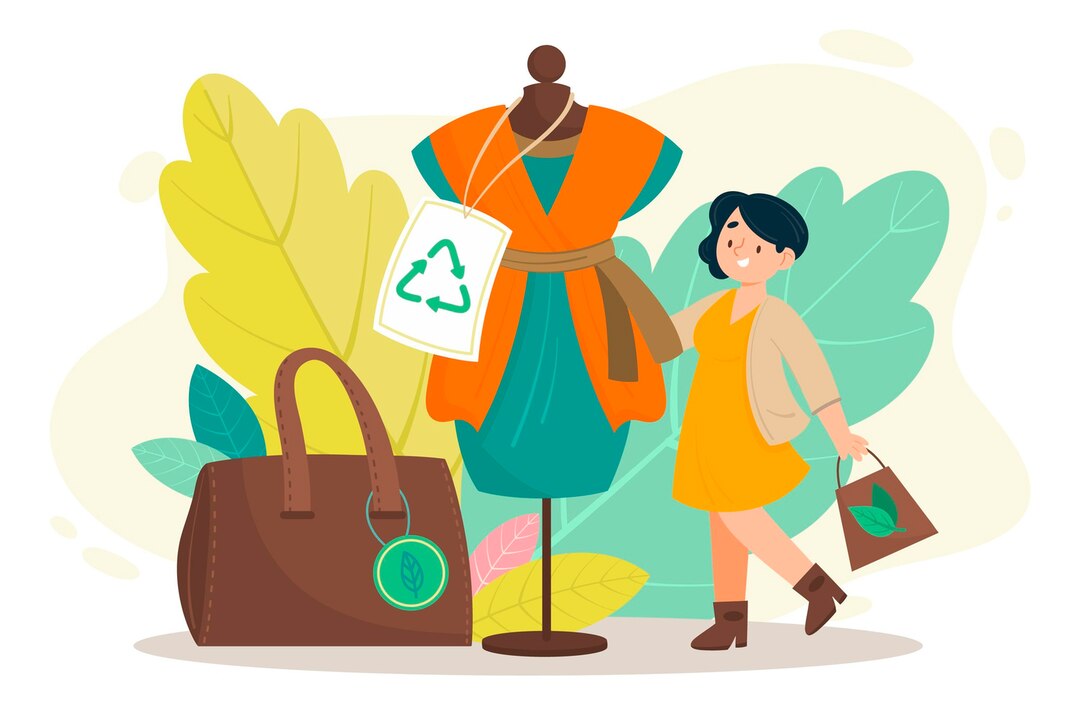With the rise of eco-friendly people and the consciousness about our planet, many industries and businesses have been deeply affected. Believe it or not, the fashion industry has undergone a major transformation and has taken steps to get close to sustainability. As people are becoming more aware of the negative atmospheric and social effects of fast fashion, both designers and customers are looking for a more mindful approach. You can also be a part of the fashion world by enrolling with the help of a professional fashion resume.
Sustainable fashion is beyond the passing trend; it represents a movement to change the industry by making eco-friendly and ethical choices. If you don’t know about sustainable fashion, read the following article to learn all about it.
What Exactly Is Sustainable Fashion?
Sustainable fashion is more than just the realm of eco-friendly production processes and materials. It takes a holistic approach by considering every step of the fashion supply chain, from raw materials to production, logistics, and end-of-life disposal. All of it helps to make sure that there is minimal wastage generation, fair labor practices, reduced carbon emissions, and support for the local community as well.
Why Is Sustainable Fashion Necessary?
The fashion industry is known for its harmful effect on nature. Textile production needs significant water, chemicals, and energy, all contributing to climate change and pollution. Moreover, fast fashion also promotes severe consumption of products which leads to the accumulation of textiles waste in landfills.
By opting the sustainable fashion, we can reduce the negative repercussions. Sustainable fashion promotes and encourages the use of recycled material, reduces wastage, and supports fair labor practices. It also encourages the shift towards the circular economy; the clothing is made to be repaired, reused, or recycled instead of thrown away after some use.
Sustainable fashion is not only beneficial for the workers and the planet but also allows people to show off their unique style. Many sustainable brands offer innovative designs that tackle traditional fashion norms.
Best Sustainable Fashion Practices
- Sustainable Fabrics
Sustainable or eco-friendly fashion relies on the use of eco-friendly fabrics that reduces harm to the environment. These include hemp, organic cotton, linen, and bamboo, which need less water and pesticides than conventional materials for fashion production. Moreover, upcycled or recycled fabrics such as recycled polyester and repurposed textiles are becoming widely used due to their reduced effect on nature.
- Ethical Production Process
Eco-friendly fashion prioritizes transparency and ethical production practices. It helps to ensure fair wages and good working conditions and eliminate the exploitative practices prevalent in the traditional fashion supply chain. People who want to support the sustainable fashion movement look for certifications such as B-Corp, Fair Trade, or GOTS since it means that fashion brands are opting for high ethical standards.
- Slow Fashion Movement
The idea behind slow fashion encourages customers to shift away from fast fashion’s disposable principle and accept timeless and high-quality pieces. By opting for versatile and durable clothing items, customers can contribute to reduced textile waste and support brands that prioritize craftsmanship, longevity, and ethical manufacturing practices.
- Circular Fashion Economy
A circular fashion economy aims to eliminate and maximize the resource’s value by creating a closed-loop system. It will encourage clothing rental, garment repairs, second-hand shopping, and recycling. By partaking in these processes, customers can enhance the lifespan of their items and reduce the demand for new items, reducing the effect on the environment.
Conclusion
As customers, we have the power to make changes via the fashion choices we make. By opting for sustainable fashion, we, as consumers, must strive for a more environmentally conscious and socially responsible sector. Let us change our style by making conscious decisions that fit our values and leave a positive mark on the planet.
Visionné 69 fois.













